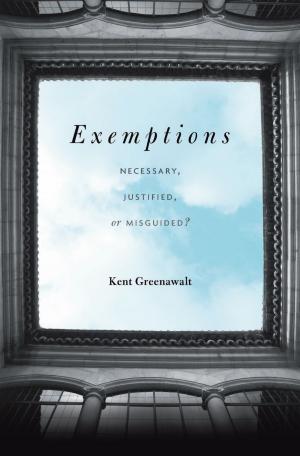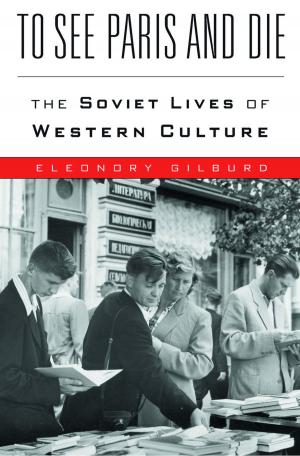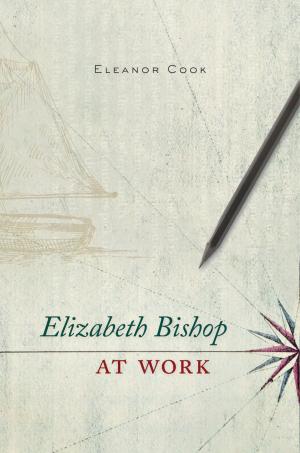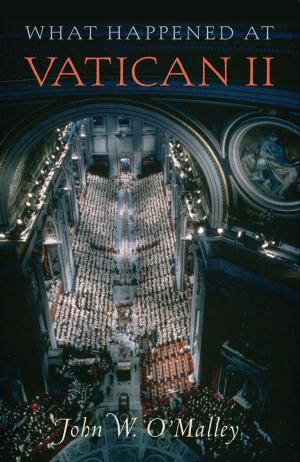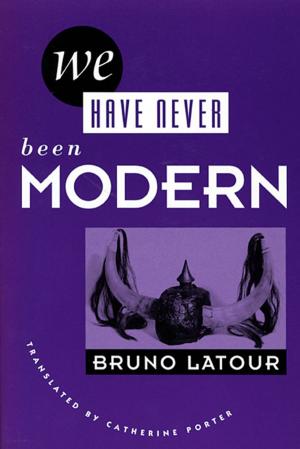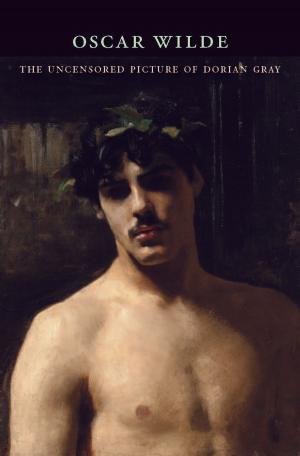Literature in the First Media Age
Fiction & Literature, Literary Theory & Criticism, British, Nonfiction, History, Modern, 20th Century| Author: | David Trotter | ISBN: | 9780674728264 |
| Publisher: | Harvard University Press | Publication: | December 16, 2013 |
| Imprint: | Harvard University Press | Language: | English |
| Author: | David Trotter |
| ISBN: | 9780674728264 |
| Publisher: | Harvard University Press |
| Publication: | December 16, 2013 |
| Imprint: | Harvard University Press |
| Language: | English |
The period between the World Wars was one of the richest and most inventive in the long history of British literature. Interwar literature stood apart by virtue of the sheer intelligence of the enquiries it undertook into the technological mediation of experience. After around 1925, literary works began to examine the sorts of behavior made possible for the first time by virtual interaction. And they began to fill up, too, with the look, sound, smell, taste, and feel of the new synthetic and semi-synthetic materials that were reshaping everyday modern life. New media and new materials gave writers a fresh opportunity to reimagine both how lives might be lived and how literature might be written. Today, such material and immaterial mediations have become even more decisive. Communications technology is an attitude before it is a machine or a set of codes. It is an idea about the prosthetic enhancement of our capacity to communicate. The writers who first woke up to this fact were not postwar, postmodern, or post-anything else: some of the best of them lived and wrote in the British Isles in the period between the World Wars.
The period between the World Wars was one of the richest and most inventive in the long history of British literature. Interwar literature stood apart by virtue of the sheer intelligence of the enquiries it undertook into the technological mediation of experience. After around 1925, literary works began to examine the sorts of behavior made possible for the first time by virtual interaction. And they began to fill up, too, with the look, sound, smell, taste, and feel of the new synthetic and semi-synthetic materials that were reshaping everyday modern life. New media and new materials gave writers a fresh opportunity to reimagine both how lives might be lived and how literature might be written. Today, such material and immaterial mediations have become even more decisive. Communications technology is an attitude before it is a machine or a set of codes. It is an idea about the prosthetic enhancement of our capacity to communicate. The writers who first woke up to this fact were not postwar, postmodern, or post-anything else: some of the best of them lived and wrote in the British Isles in the period between the World Wars.

